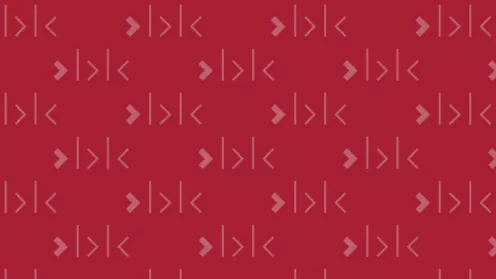
Berkman Klein Center Announces Incoming 2023-2024 Fellows

The Berkman Klein Center for Internet & Society at Harvard University is thrilled to announce an extraordinary cohort of incoming fellows for the 2023-2024 academic year.
The group’s expertise and interests range from intellectual property law and algorithmic infrastructure, to privacy and AI fairness frameworks, to journalism and digital communication issues. These incoming fellows join BKC’s vibrant research community of faculty associates, affiliates, and visiting scholars with corporate, academic, and civil society experience drawn from around the globe.
"BKC’s fellowship program, spanning all disciplines and contributors both within and without academia, is vital to the Center's independent spirit," said BKC co-founder Jonathan Zittrain. “Our fellows help to ask the biggest, toughest questions about technology every day -- and respond with new methods, theories, and serendipitous insights, thanks to immersive, sustained participation in an engaged community.”
The fellows strengthen and grow the vast BKC network by adding unique perspectives to regular dialogues and debates while building ambitious projects and forging deep, collaborative bonds.
"As we welcome this fresh class of fellows to Berkman Klein, we renew our commitment to fostering relevance and impact in the field," said Lis Sylvan, BKC Interim Executive Director. "Their lively presence drives new inquiry across disciplines, and invigorates the Center with compelling expertise from transnational, cross-sector, and nontraditional backgrounds.”
“The Berkman Klein Fellowship is not just a program; it's a movement to shape the field with greater connection and deeper compassion,” affirmed Rebecca Tabasky, BKC Director of Community. “Our fellows seek to catalyze their research in service of advancing the autonomy and human rights of all peoples, and we are privileged to bring together this group committed to developing scholarship with impact. Each incoming fellow has used their work to expand and diversify the conversations of which they are a part, and we are excited to see how they will interlace and further grow their efforts through their fellowships.”
The BKC fellowship program aims to foster an environment that emphasizes being engaged, open, and kind, and to create a culture of collaboration.
Joining the community as 2023-2024 Berkman Klein fellows on September 1, 2023:
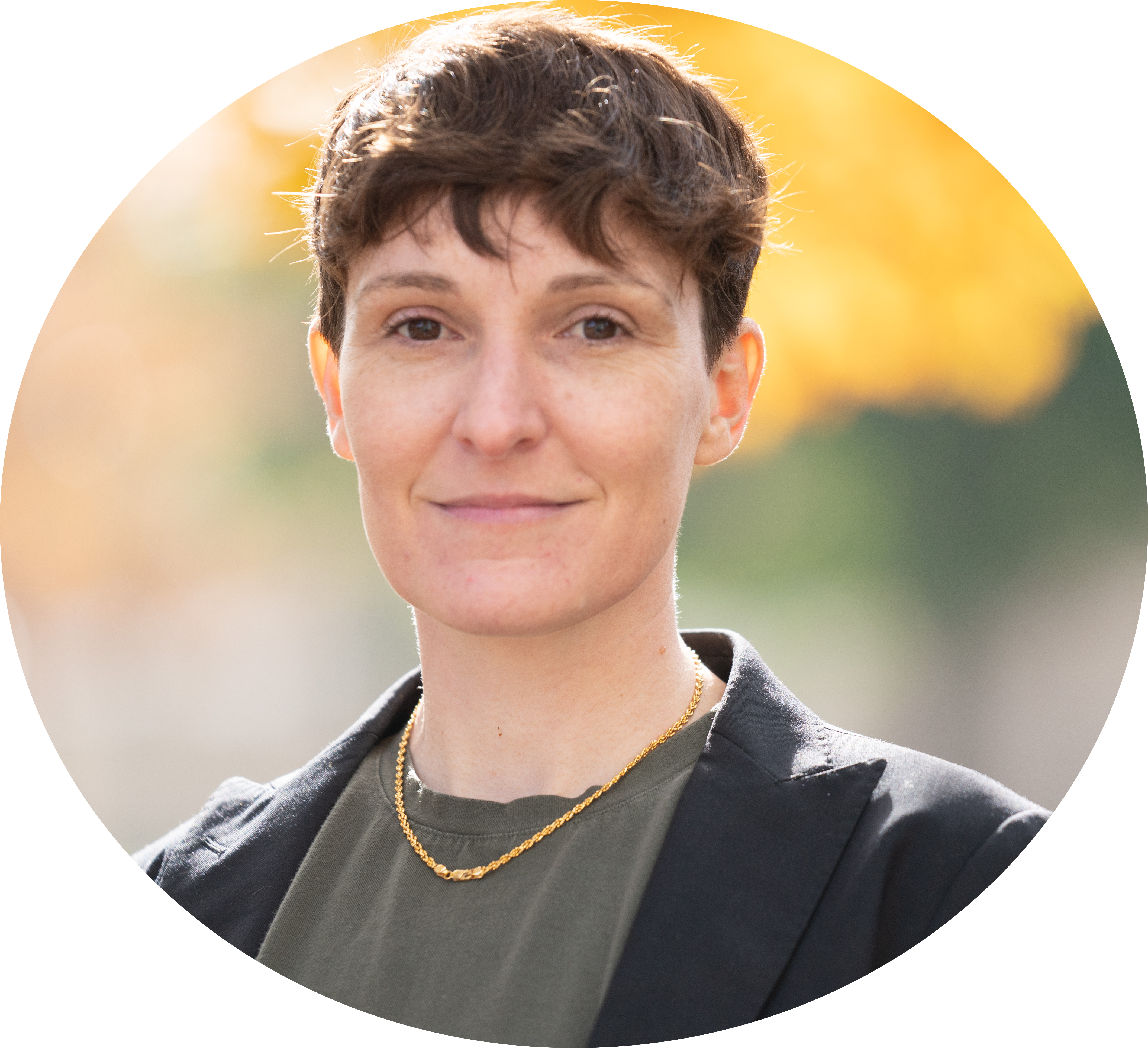
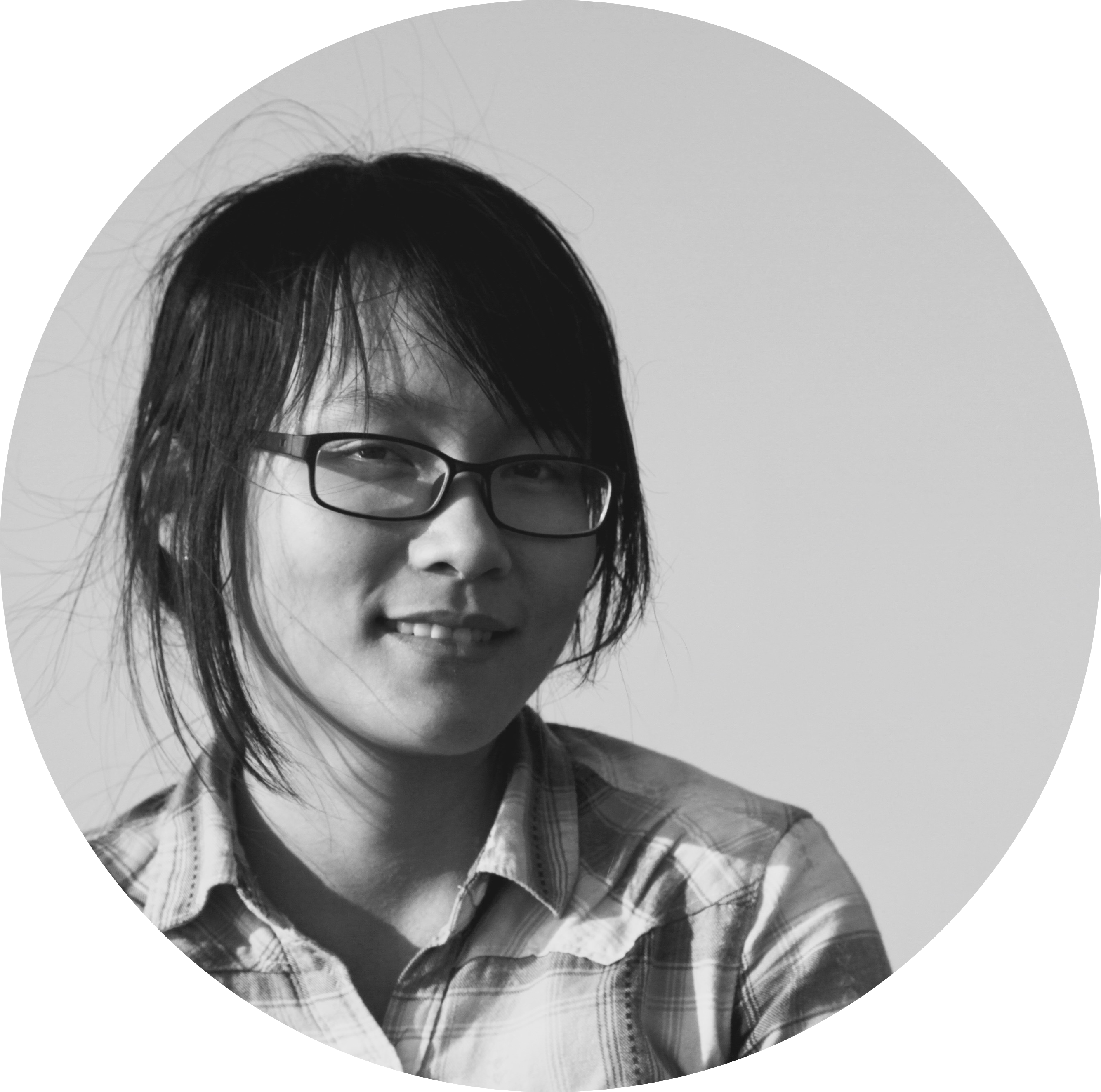
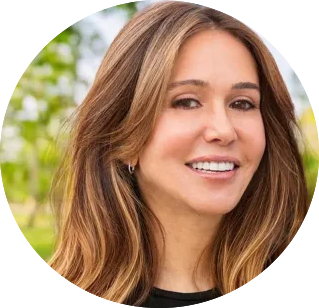
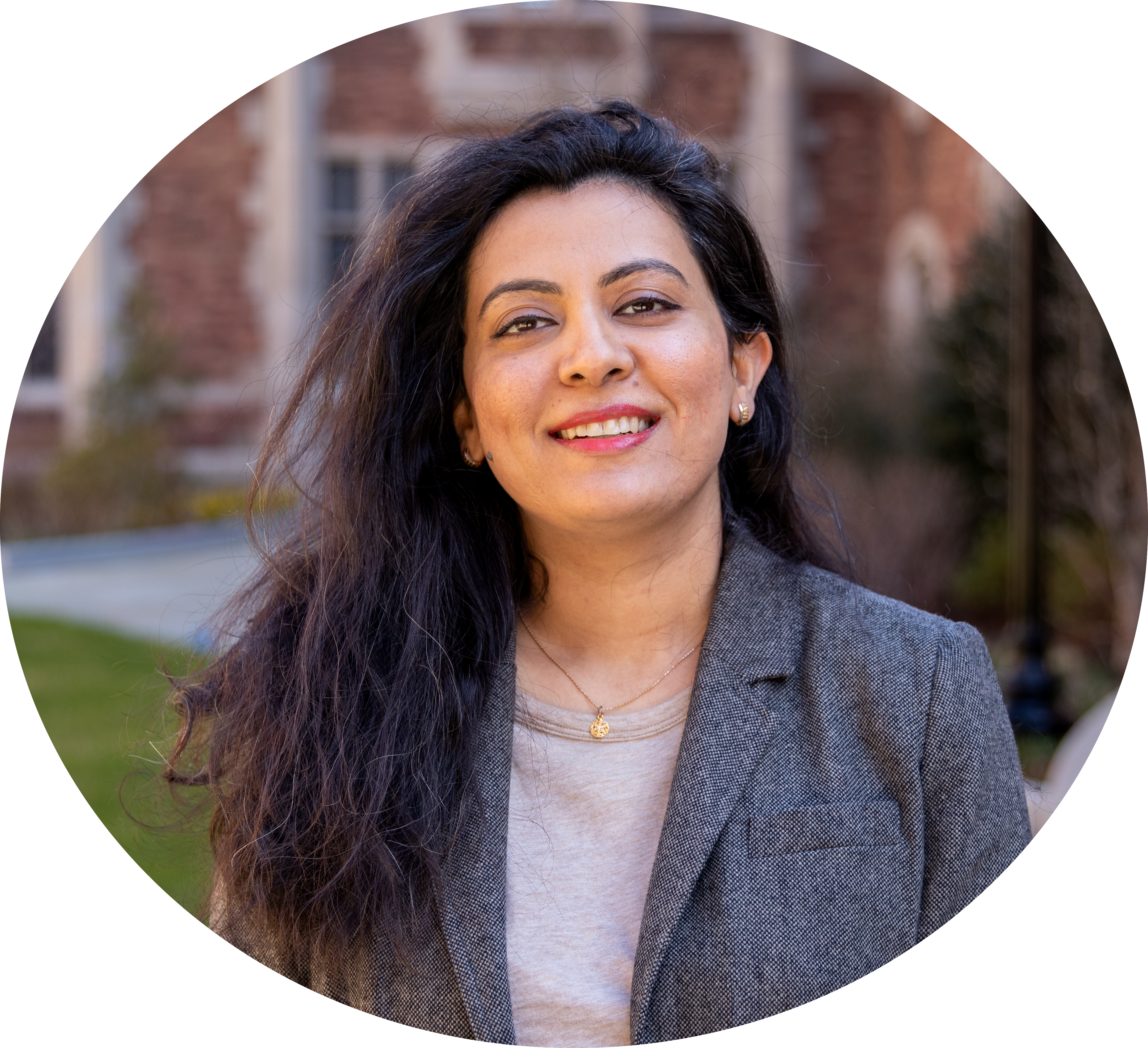
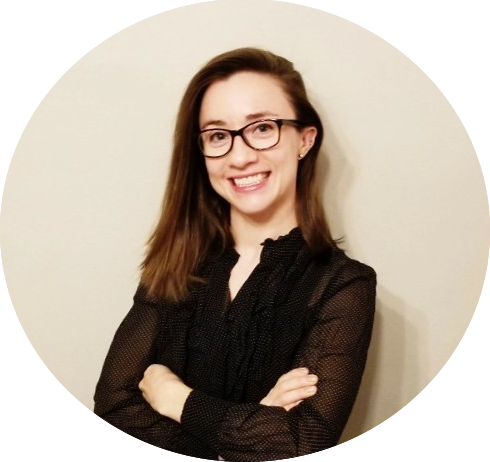
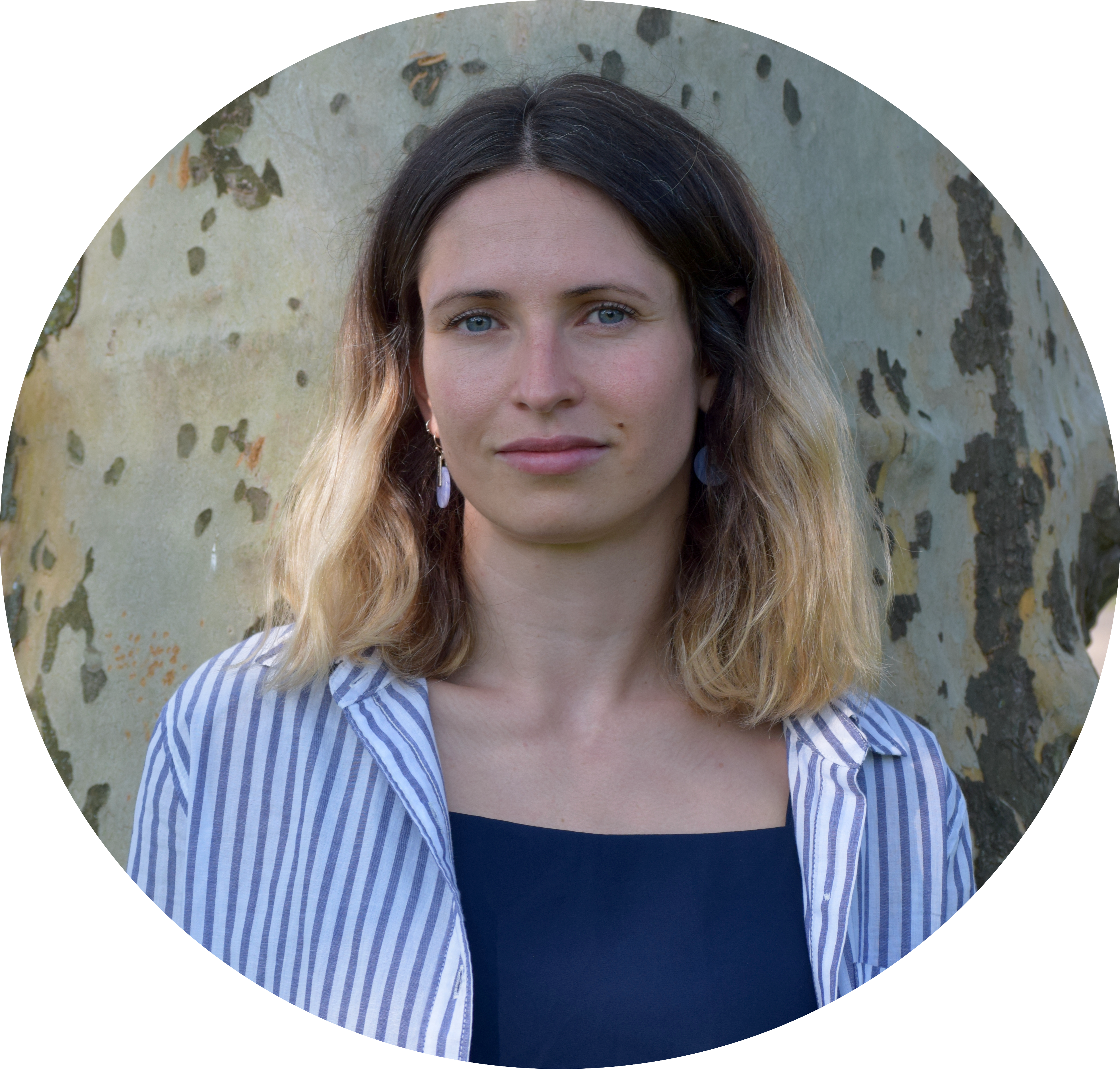
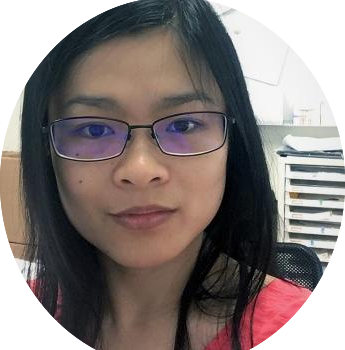
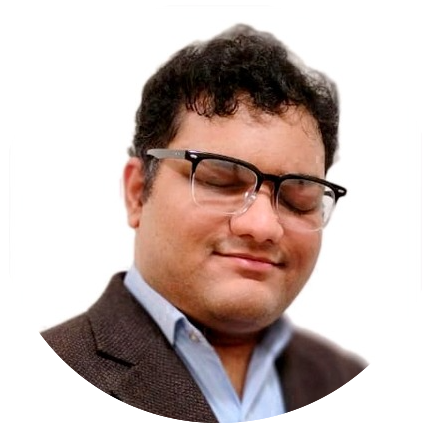
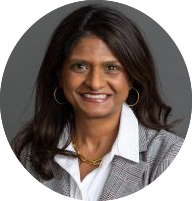
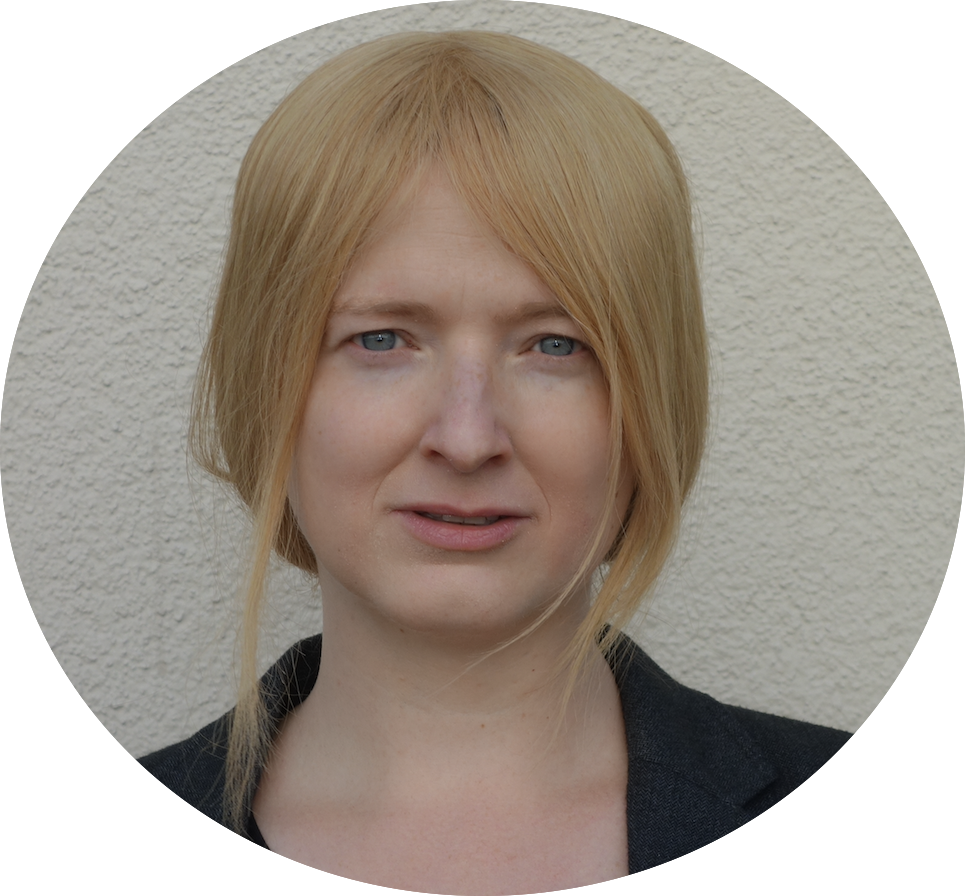
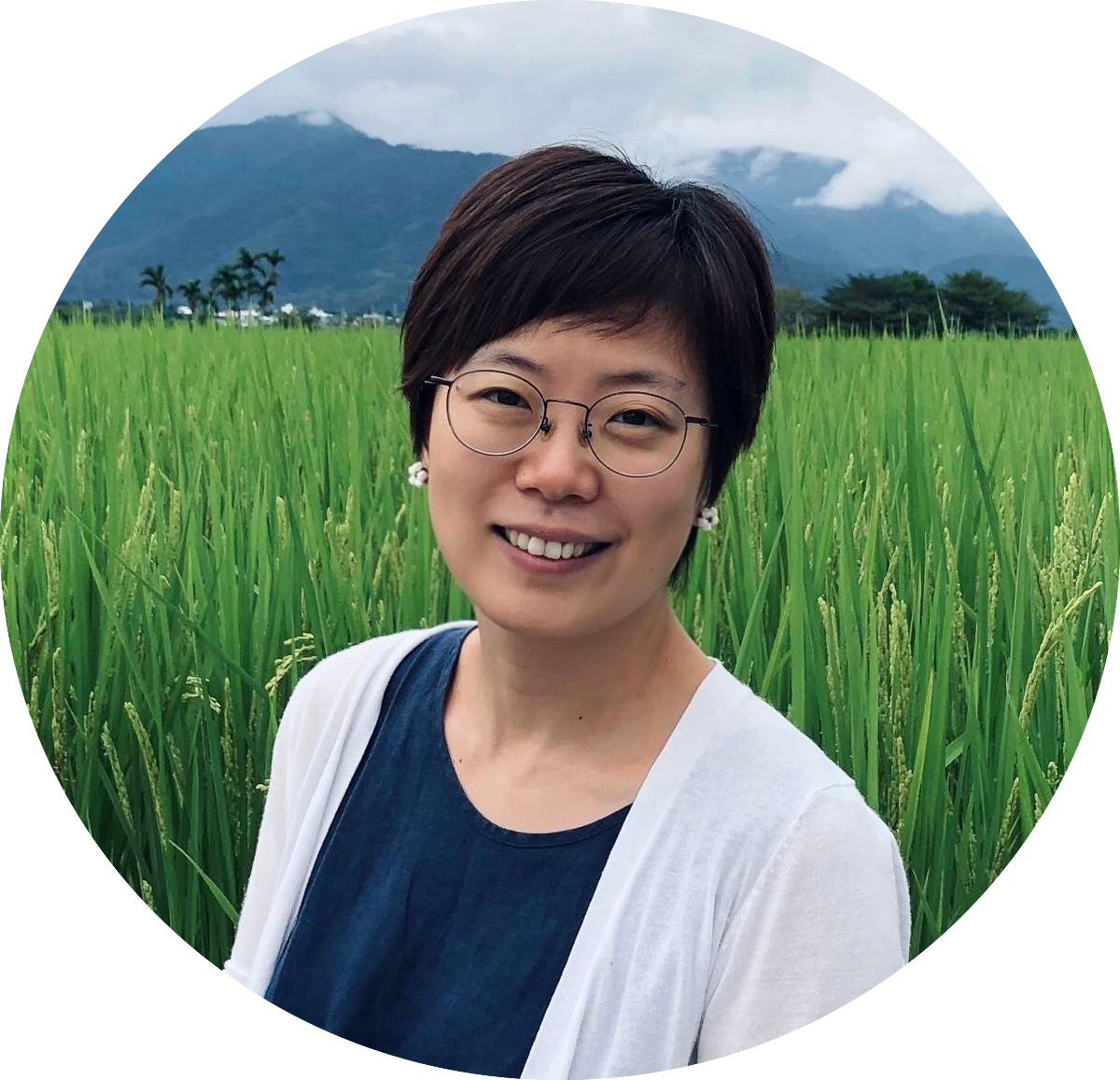
About the Berkman Klein Center
The Berkman Klein Center for Internet & Society at Harvard University is dedicated to exploring, understanding, and shaping the development of the digitally-networked environment. A diverse, interdisciplinary community of scholars, practitioners, technologists, policy experts, and advocates, we seek to tackle the most important challenges of the digital age while keeping focus on tangible real-world impact in the public interest. Our faculty, fellows, staff, and affiliates conduct research, build tools and platforms, educate others, form bridges and facilitate dialogue across and among diverse communities. More information at cyber.harvard.edu.